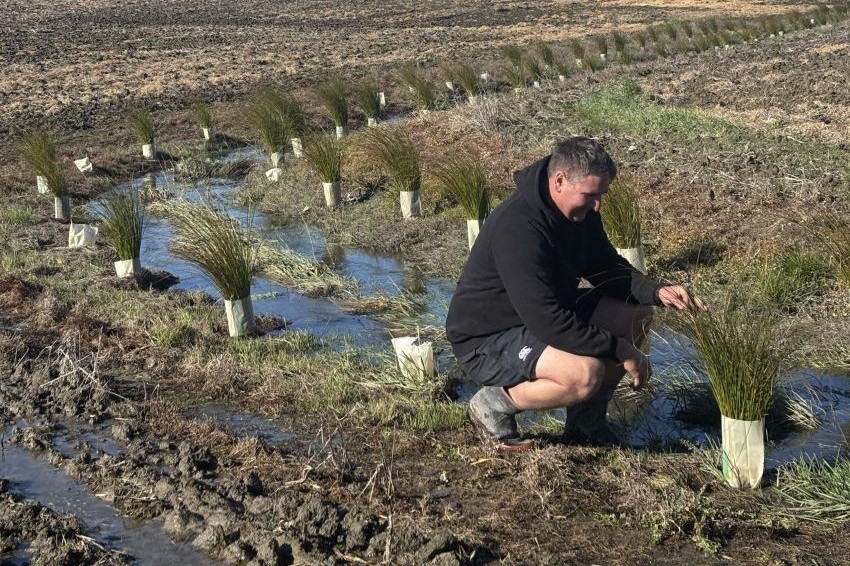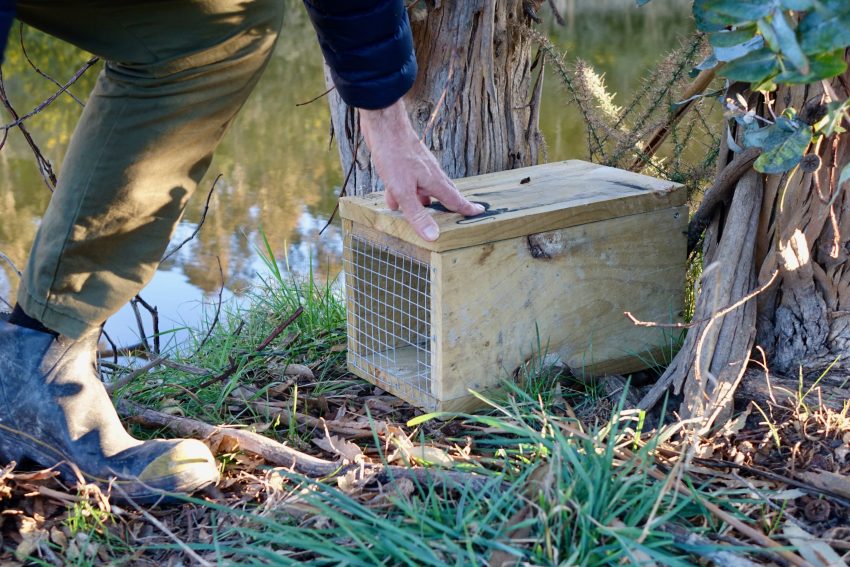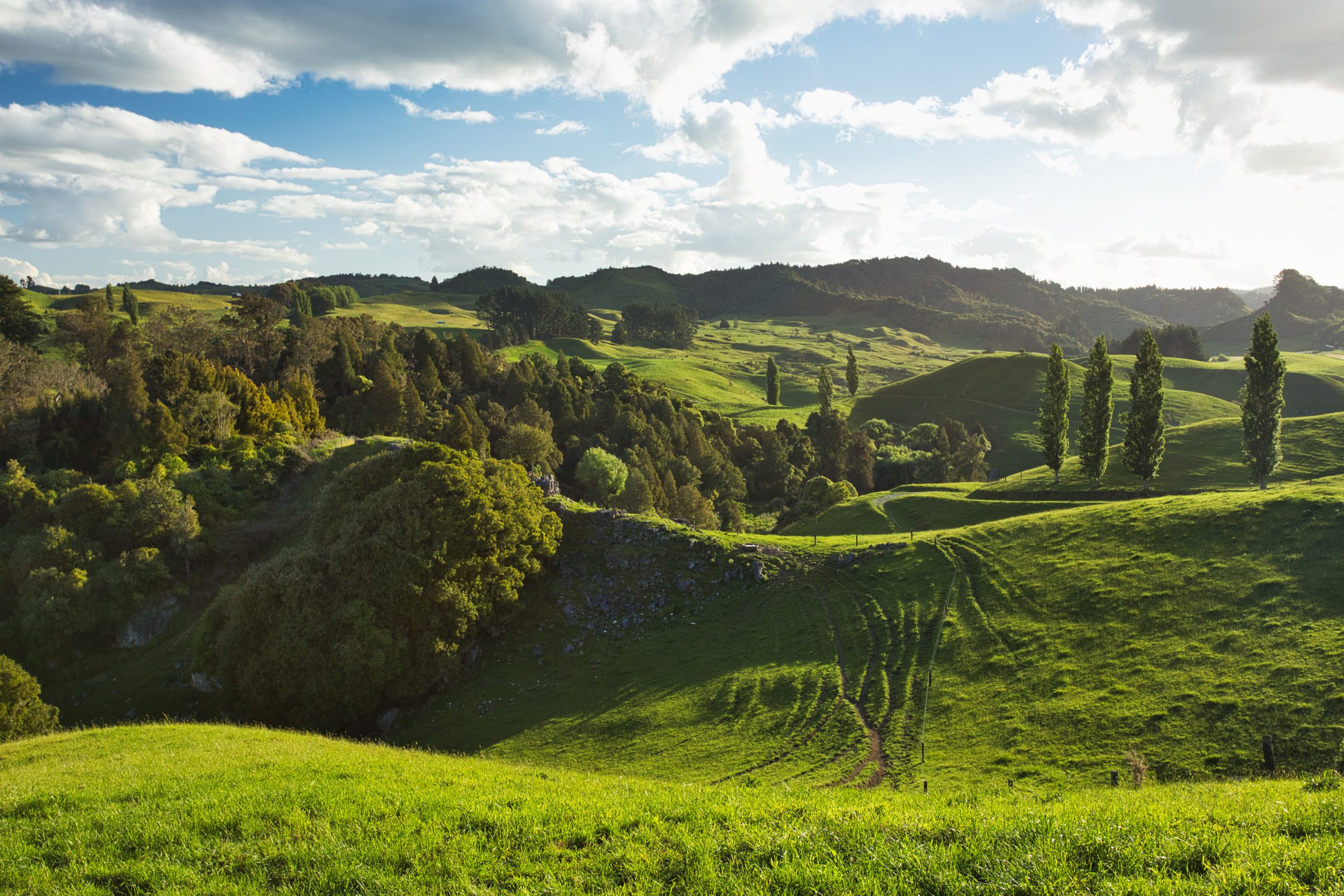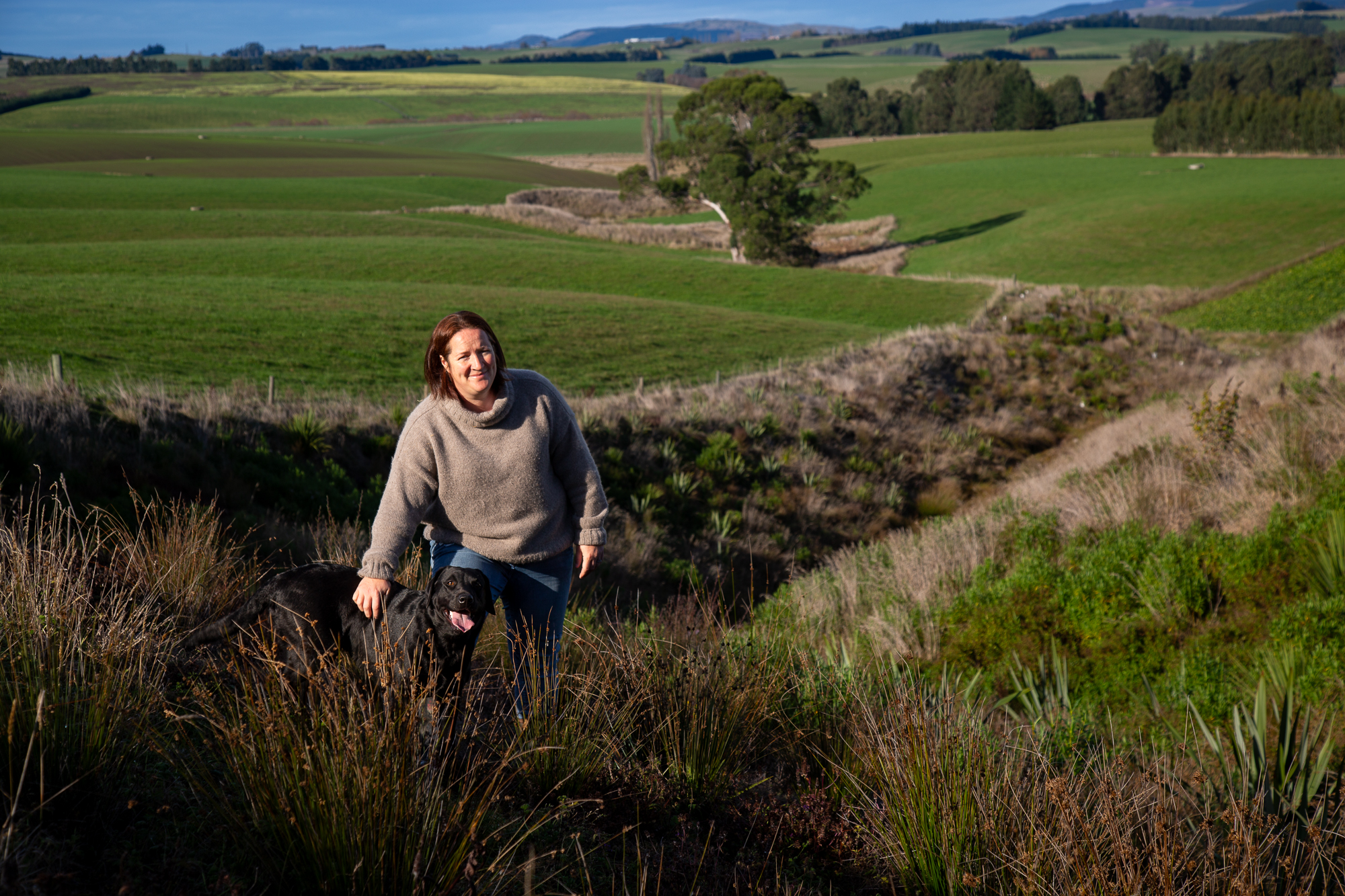Landcare seeks apology over regen ag article
Landcare Research has responded with concerns to a series of three articles on regenerative agriculture (RA) published in Country-Wide April. Jo Cuttance reports on their concerns and Country-Wide’s response.

Landcare Research has responded with concerns to a series of three articles on regenerative agriculture (RA) published in Country-Wide April. Jo Cuttance reports on their concerns and Country-Wide’s response.
The opportunity to respond to criticisms some New Zealand scientists had about the white paper was turned down by lead author Landcare Research senior researcher Dr Gwen Grelet.
The paper is titled, Regenerative Agriculture (RA) in Aotearoa New Zealand – research pathways to build science-based evidence and national narratives
In April 2021, Country-Wide printed an article which raised concerns about the validity of some of the scientific claims, methodology used, and the collaboration and consultation process used in the production of the paper.
Landcare Research responded via email to Country-Wide outlining its own concerns about the story and asked for an apology for printing it.
The email signed by Landcare Research science and knowledge translation general manager Graham Sevicke-Jones along with land and water national science challenge director Dr Jenny Webster-Brown. It included the following (abridged) concerns. Country-Wide also asked some academics to review Landcare’s concerns.
Landcare’s concerns were:
- The white paper did not encourage or suggest the practices reported by RA practitioners in New Zealand, and the purpose of these, which were outlined in table 4 ‘Practices employed in RA systems’ on pages 19-20.
- The article and editorial presented one small piece of background research that informed one table within the white paper (a time-constrained literature scan for a specific topic discussed in the paper) as if it was the full extent of the research. The letter confirmed the white paper was informed by consultation via focus groups, surveys and expert working groups, as well as comprehensive literature reviews, altogether involving over 200 people and 80 co-authors and reviewers over six months. The white paper contained over 180 references, including 97 articles published in peer reviewed academic journals.
- The paper was funded according to standard science funding practices, in which research institutions and other organisations and experts are subcontracted and funded for their peoples’ time contribution to projects. This was not the same as a cash offer to contributors. This refuted the article which claimed report authors were “offered $8000 to contribute”
Country-Wide’s response
The academics, who Country-Wide has agreed not to name, replied.
They counted 70 authors, not 80 as claimed. In regards to the Landcare Research claim the white paper did not encourage or suggest RA practices, the academics referred to sentences in the white paper:
Such challenges will likely need to be addressed if NZ is to claim to deliver “regeneratively-produced” food and fibre. (Findings, third paragraph). The assumption was that NZ wanted to make the claim and therefore set the scene for RA.
Also the sentence, “NZ should evolve its own RA narrative based as much on soil carbon retention as on its increase and functionality, elimination of sediment losses, and the development of its RA farming systems to foster both ‘total’ and native biodiversity.” (findings, fifth paragraph). To the reader, the white paper established RA as being required, the academics found.
In regard to the research involved it was clear there was more involved than just the five hours. However, the so-called consultations/working groups did not invite contribution.
The academics felt the response by Landcare to the claim report authors were “offered $8000 to contribute,” admitted the authors were offered dollars for their time. There was no mention of the nature of the contracts in the article. However, the academics did suggest the following questions would help clarify the circumstances.
- Were the contracts with the author (to provide them a personal payment), or with the host institution?
- If they were with the host institution, does that mean the host institution endorses the view of the authors?
Country-Wide would still like to have Dr Grelet’s response to the criticisms of the white paper and where she saw RA fitting into NZ’s agricultural sector.
The questions emailed through to Dr Grelet included how the paper came about and why she wrote it, along with what her own personal interest in RA was.
Other questions asked about the reasons for the recommendation of using fish hydrolysate and seaweed derivatives to stimulate the soil, and using carbon-based products and substances to chelate fertiliser, despite this not being scientifically supported.
She was asked about the dismissal of science which contradicted claims made about synthetic fertiliser.
She was asked if she believed the science is there for RA. Scientists said only about 10% of soil microbes had been described, and the science had not yet been developed to be able to verify or dismiss the claims made about soil biology.
Questions about who was paid and what was their contribution for payment were asked.
There were also questions about collaboration and consensus. The paper was presented as a unified collaboration of more than 200 people, yet some people who took part said they neither had an opportunity to speak, nor did they agree with what was being said.
She was also asked if she wrote the paper in a way which suited the Government’s story in a bid to get more research funding for herself and co-authors.
Readers can access the white paper here: ourlandandwater.nz/regen-ag-white-paper




